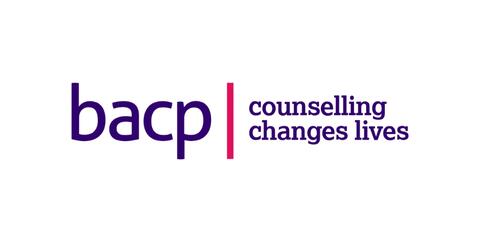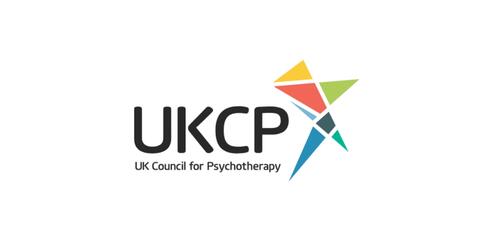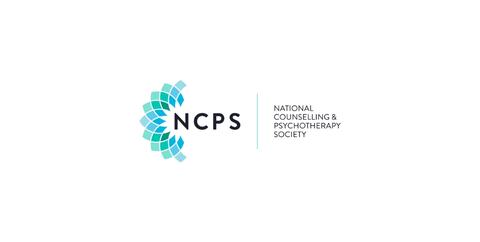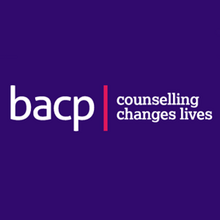
How to become a Counsellor or Psychotherapist in the UK
Thinking of switching careers or beginning a new one? If your question is “How do I become a counsellor in the UK?”, this guide offers a clear roadmap. Below you’ll learn the recognised training, qualifications, and professional bodies you’ll need to register with to practise safely and credibly in the UK.
What is Counselling vs Psychotherapy?
Counselling and psychotherapy, often referred to as Talk Therapy, is where individuals work with a trained practitioner to explore thoughts, feelings, behaviours, past experiences, and how find their own solutions to problems.
- Counselling generally focuses on current issues, short to medium term support.
- Psychotherapy tends to be deeper, longer term, exploring underlying patterns and life narratives.
Regardless of the label, both require training, ethical practice, and supervision.
Why qualifications and accreditation matter
In the UK, the terms 'counsellor', 'psychotherapist', or 'therapist' are not legally protected titles. That means technically anyone can call themselves one, even without training. However, to practise responsibly and to attract clients or paid employment, you’ll want training that is accredited or recognised by professional bodies.
Clients, healthcare providers, and employers often look for BACP, UKCP, NCPS, or membership with another PSA accredited register as assurance of competence, ethics, supervision, and ongoing development.
Qualifications
Below is the typical counselling or psychotherapy training route many follow.
Note: routes vary; always check specific course requirements or pathways with your chosen training provider.
Introductory or Foundation Course
- Begin with a Level 1 introduction to counselling or psychotherapy, often an 8–12 week part-time course.
- Explore basic counselling skills, self-reflection, and the realities of supporting others.
- Test your interest and suitability before committing to longer training routes.
Certificate in Counselling Skills
- Progress to Level 2 and 3 Certificates, usually lasting six months to a year each part-time.
- Gain deeper knowledge of counselling theories, ethical practice, and structured skills work.
- Develop essential self-awareness and reflective ability for professional practice.
Core Practitioner Training
- Complete a Level 4 or higher qualification e.g. diploma, degree, or master’s in counselling or psychotherapy.
- Training takes two to three years, with 100+ hours of supervised client work and personal therapy.
- Meets professional standards for BACP, UKCP, or NCPS, with student membership available.
Professional Membership
- Once qualified, apply for membership with a recognised professional body.
- Becoming Registered or Accredited builds credibility and ethical accountability.
- Shows clients and employers you are trained, supervised, and practising safely.
Ongoing Professional Development
- Engage in continuing professional development (CPD) throughout your career.
- Maintain regular clinical supervision and reflective practice as core requirements.
- Ensures ongoing competence, ethical standards, and safe client care.
Find a training course

British Association for Counselling & Psychotherapy (BACP)
BACP is the largest and most widely recognised professional body for counsellors in the UK, known for high standards, ethical frameworks, and accredited training routes.
BACP is a good choice for anyone starting their counselling journey (Level 2 – 4 and beyond), and those aiming to become a registered BACP member after qualifying.
Find out more about training >

UK Council for Psychotherapy (UKCP)
UKCP is a respected regulator of psychotherapy training and practice, focused on longer, in-depth training (often at postgraduate level).
UKCP is a great choice for those interested in becoming a psychotherapist rather than a counsellor, with specialised training approaches like psychodynamic, integrative, or humanistic psychotherapy.
Find out more about training >

National Counselling & Psychotherapy Society (NCPS)
NCPS (formerly NCS) is a rapidly growing professional body also recognised by the Professional Standards Authority (PSA). It offers a wide directory of accredited and quality-checked training providers.
NCPS is worth considering if are looking for flexible training options, or for those considering private practice, coaching, or blended work.
Find out more about training >
More resources

Accredited Registers
Find out more about the UK standards for non-regulated professionals to help you navigate your career path.

Membership Bodies
There are many UK membership bodies that support and guide counsellors and psychotherapists throughout their careers.

How-to guide
Find out what it takes to train, register, and become a qualified counsellor or psychotherapist in our handy career guide.
